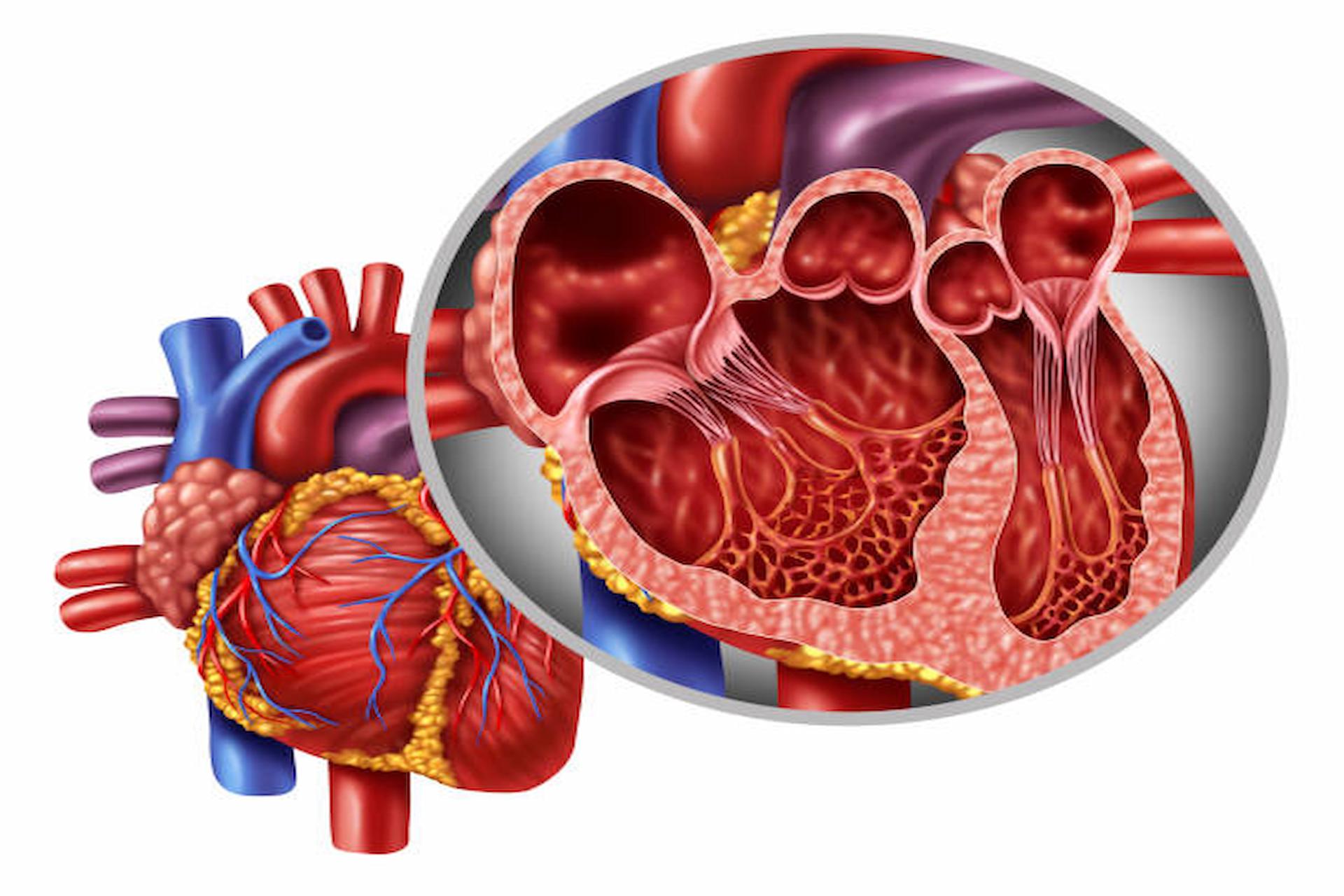Our heart is made of various components, and valves are one of them. There are four types of valves in our cardiovascular system: the mitral, aortic, pulmonary, and tricuspid. The tricuspid one helps with the blood flow from the right auricle to the right ventricle. But if this valve does not function properly due to issues like regurgitation or stenosis, then you might need to undergo a valve repair or replacement surgery.
What Is A Tricuspid Valve?
The tricuspid valve is one of the four valves which is present in the chamber of your heart. It is located on the right side of your heart, between the right auricle and right ventricle. The tricuspid valve helps with the blood flow in the right direction and prevents backflow and leakage. It is also known as the right atrioventricular valve.
The Function Of The Tricuspid Valve
The blood flow throughout your heart takes place in a particular direction. The blood travels through all the chambers of your heart in a given route. Every time your heart beats, the atria receive de-oxygenated blood from the body. The ventricle squeezes to pump the blood out. As your heart starts to pump, the valves open and close so as to move the blood from one area to the other.
When the right atrium gets filled with blood, the tricuspid valve opens and lets the blood flow to the right ventricle. Then the right ventricle contracts, and it sends the blood to the lungs. In the meantime, the valve closes tightly so that there is no backflow to the atrium.
What Is A Tricuspid Valve Made Of?
It is made of thin but strong tissue flaps, which are popularly known as cusps. These cusps are named according to their position, like anterior, posterior, or septal. With each of your heartbeats, the leaflets open and close. It is the sound of the heart valves opening and closing, what you hear in a heartbeat.
How To Identify Tricuspid Valve Issues?
If your tricuspid valve does not function properly, then your heart will have to pump harder for blood circulation. This will cause fatigue and loss of breath. If not treated on time, these issues can worsen and lead to an enlarged liver, cold skin, palpitations, heart murmur, pulsations in the veins of your neck, and swellings in different parts of your body, like the leg, ankle, etc.
If you have any of the above symptoms, you should contact a doctor immediately. Early detection of issues can help prevent complex procedures and also lead to effective treatments with fast recovery. Do not delay calling your healthcare provider if you consistently have body aches, fever, infection, palpitations, etc. It is crucial to get your heart condition checked regularly.

